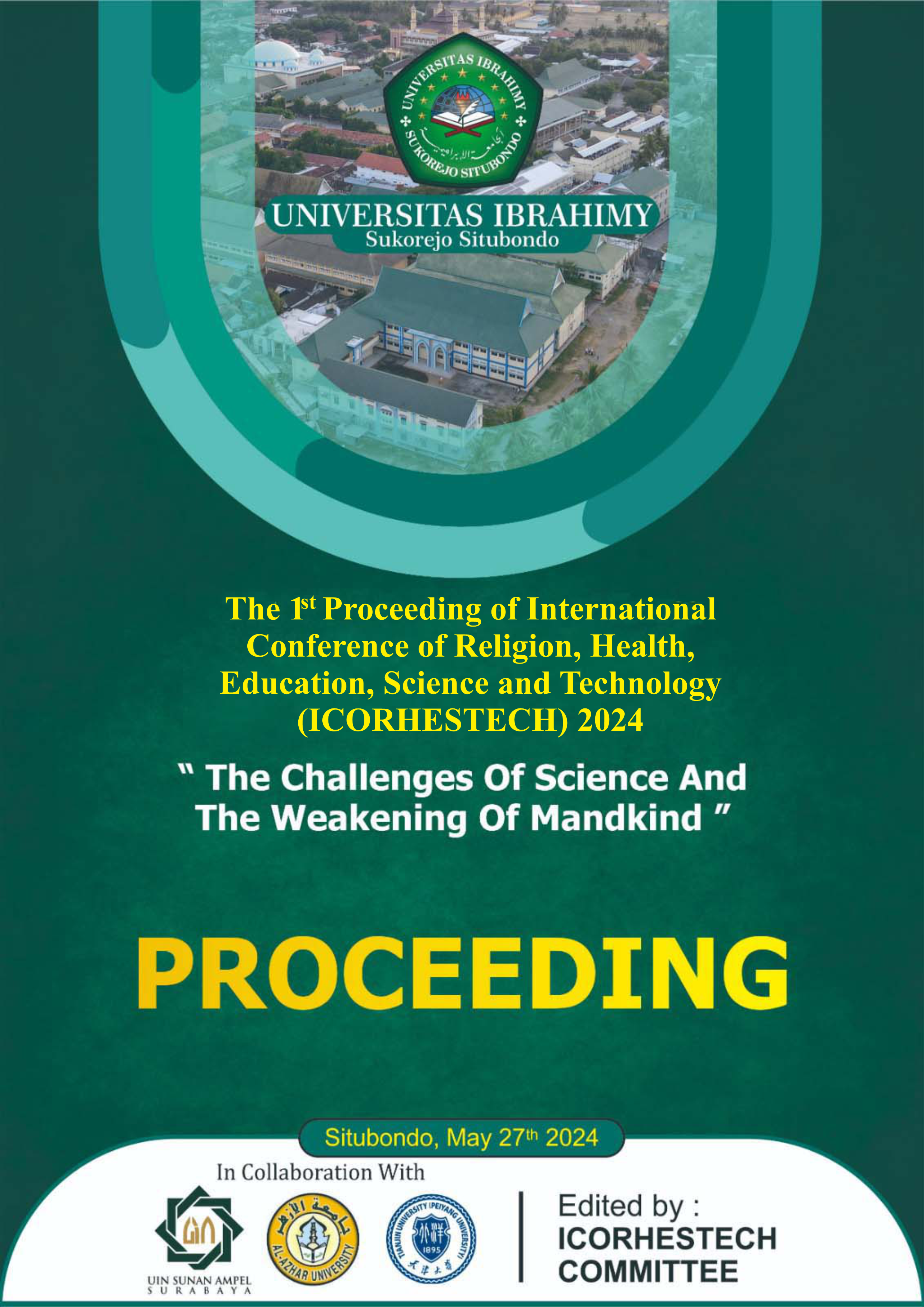The Voices of Anti-Capitalism in Hans Christian Andersen’s The Emperor’s New Clothes
DOI:
https://doi.org/10.35316/icorhestech.v1i1.5671Keywords:
Anti-Capitalism, Hans Christian Andersen, The Emperor's New ClothesAbstract
This article investigates matters of voices of anti-capitalism in Hans Christian Andersen’s short story entitled The Emperor’s New Clothes. The story tells about a king who behaves arbitrarily and is concerned with his own personal affairs rather than his people. He is concerned with how he dresses so that a lot of people visit him and make it a stereotype that must be done. If the king passes in front of them, they must praise the king. However, his people trick him at the end. The capitalist behavior of the king who uses royal money to dress and care for himself is an interesting thing to research and raises questions about the existence of anti-capitalist voices in this short story. By using qualitative method and explorative approach, this study aims to reveal the voice of anti-capitalism reflected in royal lifestyle and fashion that the king wears. The voices are also matters of such silent rebellion to those who are too proud of themselves. Those arrogant beings never care to other people but themselves. The anti-capitalism works efficiently to the points that the king does not know that he is being tricked, not only by his tailor, but also by all of his people. In conclusion, the voices of anti-capitalism must not always loud. This story proves that the rebel could be done merely by tricking the powerful one.
References
Aulia, A. D., Annasai, A. A., & Pasopati, R. U. (2022). The Implementation of Conspicuous Consumption on Gender as Indicated on Jax's Victoria's Secret. In Proceeding of International Seminar Enrichment of Career by Knowledge of Language and Literature (Vol. 10, No. 1, pp. 42-55).
Azmanova, A. (2020). Anti-Capital for the XXIst Century (on the metacrisis of capitalism and the prospects for radical politics). Philosophy & Social Criticism, 46(5), 601-612.
Brass, T. (2022). Anti-capitalisms (Lessons Unlearned by Postmodernists). In Transitions: Methods, Theory, Politics (pp. 65-91). Brill.
Cicerchia, L. (2022). Rethinking Capitalism, Stabilizing the Critique. Rivista Italiana di Filosofia Politica, (2), 63-81.
Empson, L. (2020). The emperor’s new clothes: How our fear of seeming stupid became a self-fulfilling prophecy. Academy of Management Learning & Education, 19(2), 227-229.
Ferrando, T., Vispo, I. Á., Anderson, M., Dowllar, S., Friedmann, H., Gonzalez, A., ... & McKeon, N. (2020). Land, territory and commons: voices and visions from the struggles. Globalizations, 17(7), 1276-1290.
Faldi, Y., & Putri, I. G. A. V. W. (2022). AN ANALYSIS OF CONTEXT OF SITUATION IN HANS CHRISTIAN ANDRESEN SHORT STORY “THE EMPEROR’S NEW CLOTHES”. In Prosiding Seminar Nasional Bahasa, Sastra, & Budaya (Vol. 1, pp. 416-423).
Happe, K. E. (2024). Rethinking Utopia as Form: Failure, Time, and the Political Subject of Anti-Capitalism. Theory & Event, 27(2), 172-198.
Kos-Lajtman, A. (2021). The Emperor's New Clothes, a story by Hans Christian Andersen and a film by Ante Babaja: Intermedial Storytelling as an Obstacle Course for Political Allegory. Folia linguistica et litteraria, (39), 147-165.
Latham, R. (2020). Contemporary capitalism, uneven development, and the arc of anti-capitalism. In The Radical Left and Social Transformation (pp. 13-30). Routledge.
Malherbe, N. (2022). Resisting Capitalist Ideology. In For an Anti-capitalist Psychology of Community (pp. 65-85). Cham: Springer International Publishing.
Ma’rifah, I. (2020). Peran Sastra dalam Membangun Karakter Bangsa (Perspektif Pendidikan Islam). Titian: Jurnal Ilmu Humaniora, 4(2), 172-188.
Mufli, M., & Ali, A. J. A. K. N. (2022). Category Shifts in The Indonesian Translation of The Emperor’s New Clothes by Hans Christian Andersen. International Journal of Linguistics, Literature and Translation, 5(3), 176-181.
Mulyadi, E. (2016). An Analysis Of Values In “The Emperor’s New Clothes” Picture Book By Hans Christian Andersen (Skripsi Sastra Inggris, 2016).
Ningsih, I. (2023). An Analysis of Intrinsic Elements in Five Short Stories of Hans Christian Andersen’s Collection. Griya Cendikia, 8(1), 452-462.
Proni, G. (2022). The Emperor's New Clothes: When Nothing is Everything. ZoneModa Journal, 12(2), 1-11.
Sarmi, N. N., Rahmansyah, M. I., Ramadhani, A. N. H., Zahra, S., & Pasopati, R. U. (2024). The Representations of Self-Love in Justin Bieber’s Love Yourself. Journal Corner of Education, Linguistics, and Literature, 3(3), 252-262.
Suyaji, F. I. M., Jelita, D. A. R., Tjokro, G., Nurni, F. L., Putra, A. S., & Pasopati, R. U. (2024). The Preservations of Ambivalent Attachment in Tatyana Tolstaya’s Unnecessary Things. Gudang Jurnal Multidisiplin Ilmu, 2(5), 83-89.
Downloads
Published
How to Cite
Issue
Section
License








